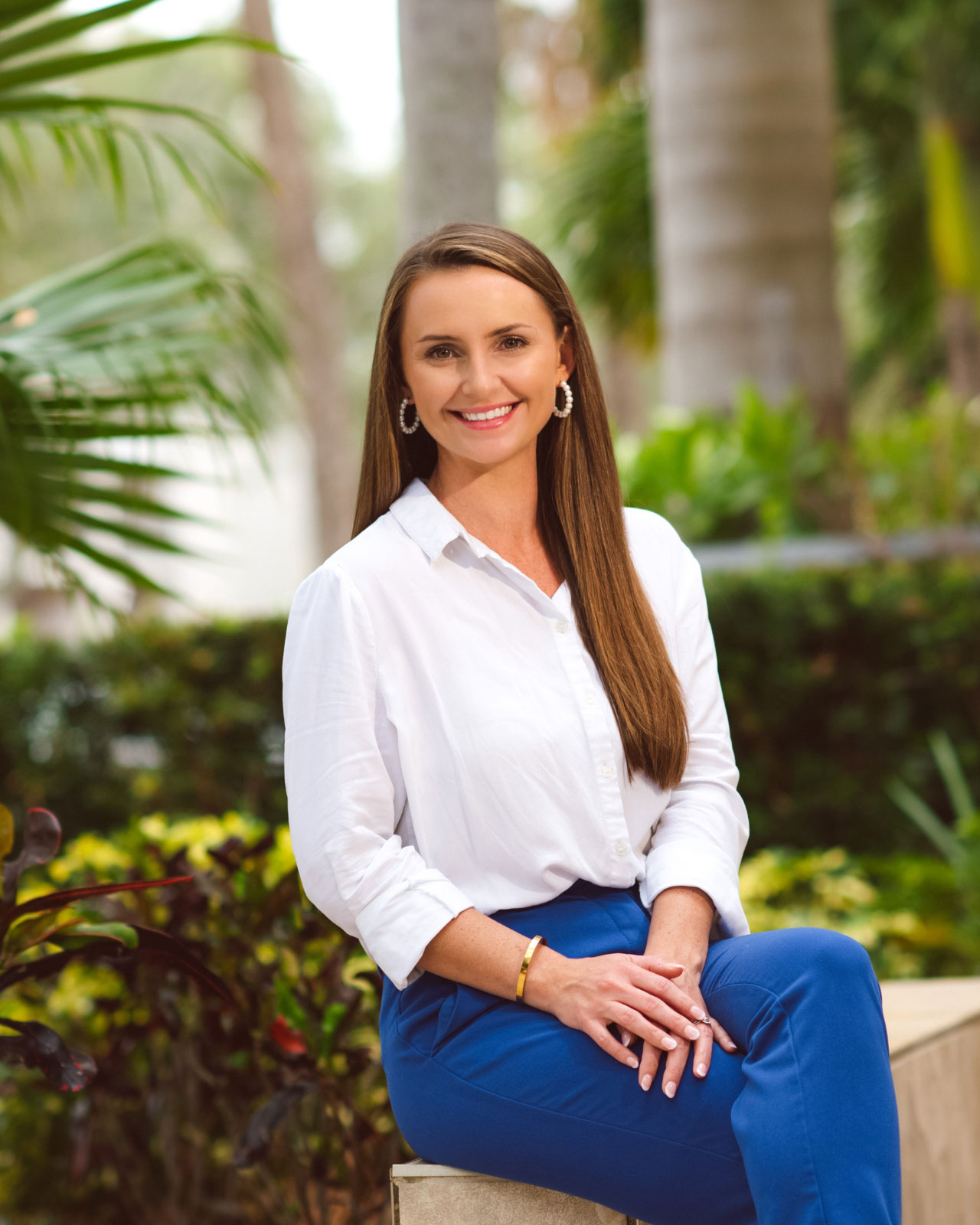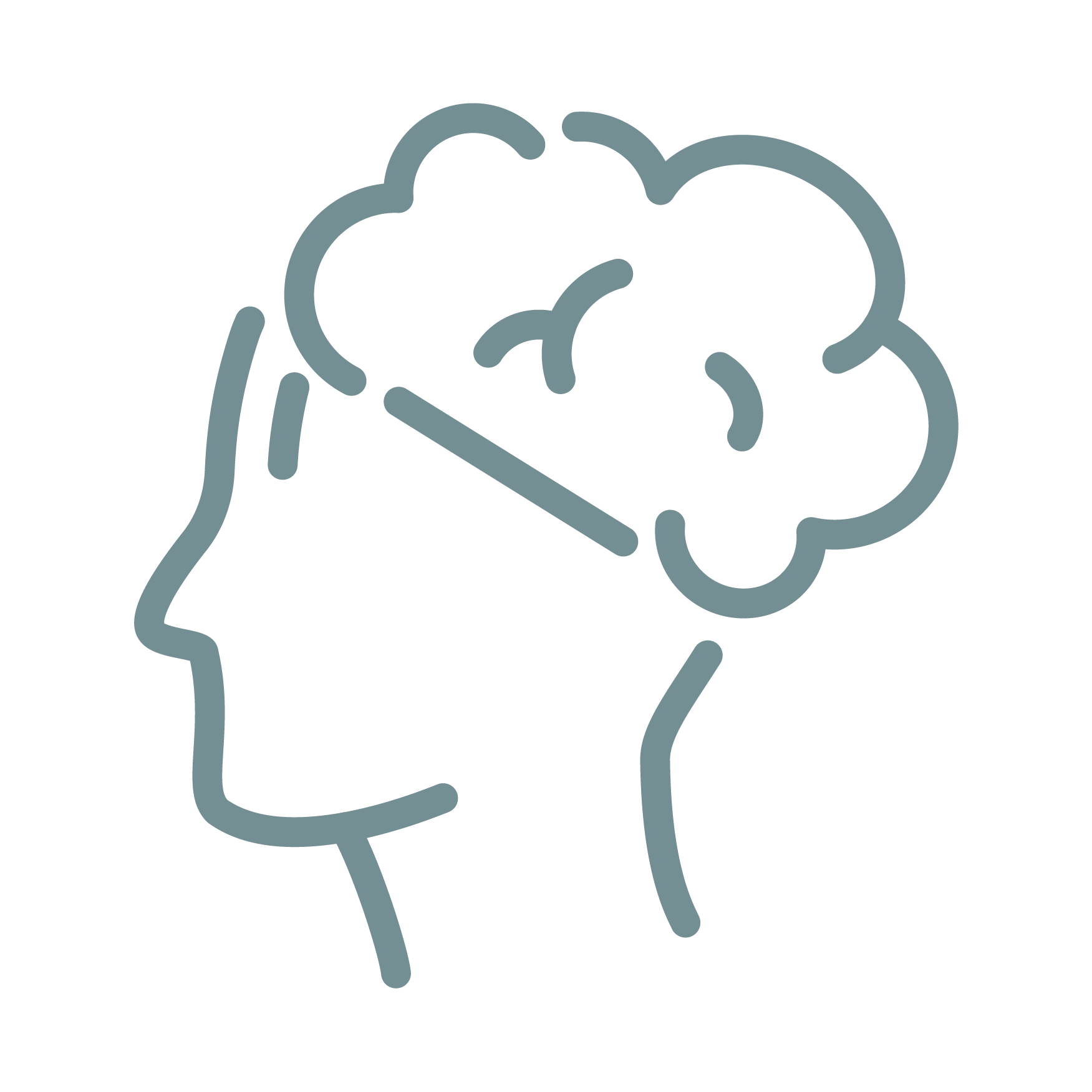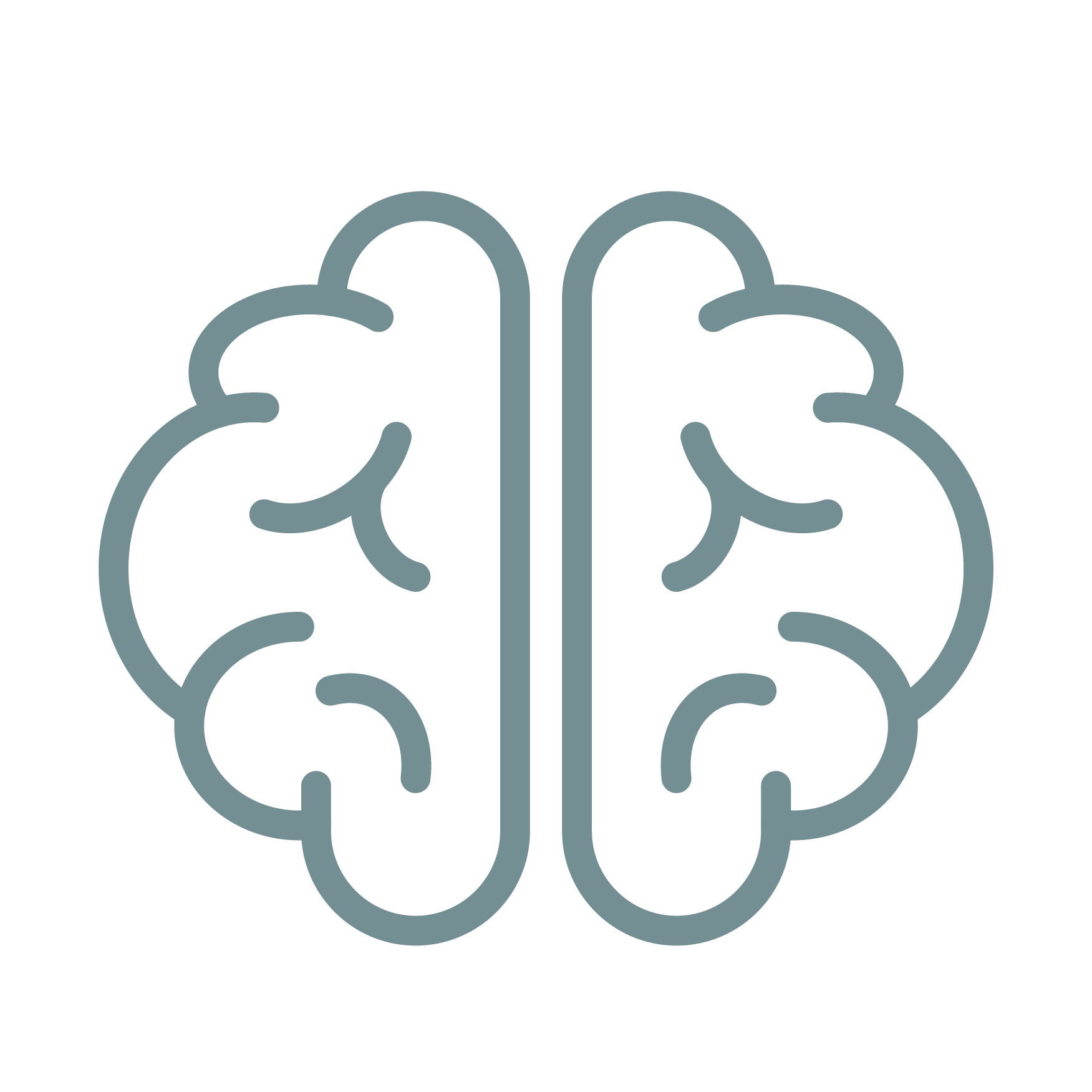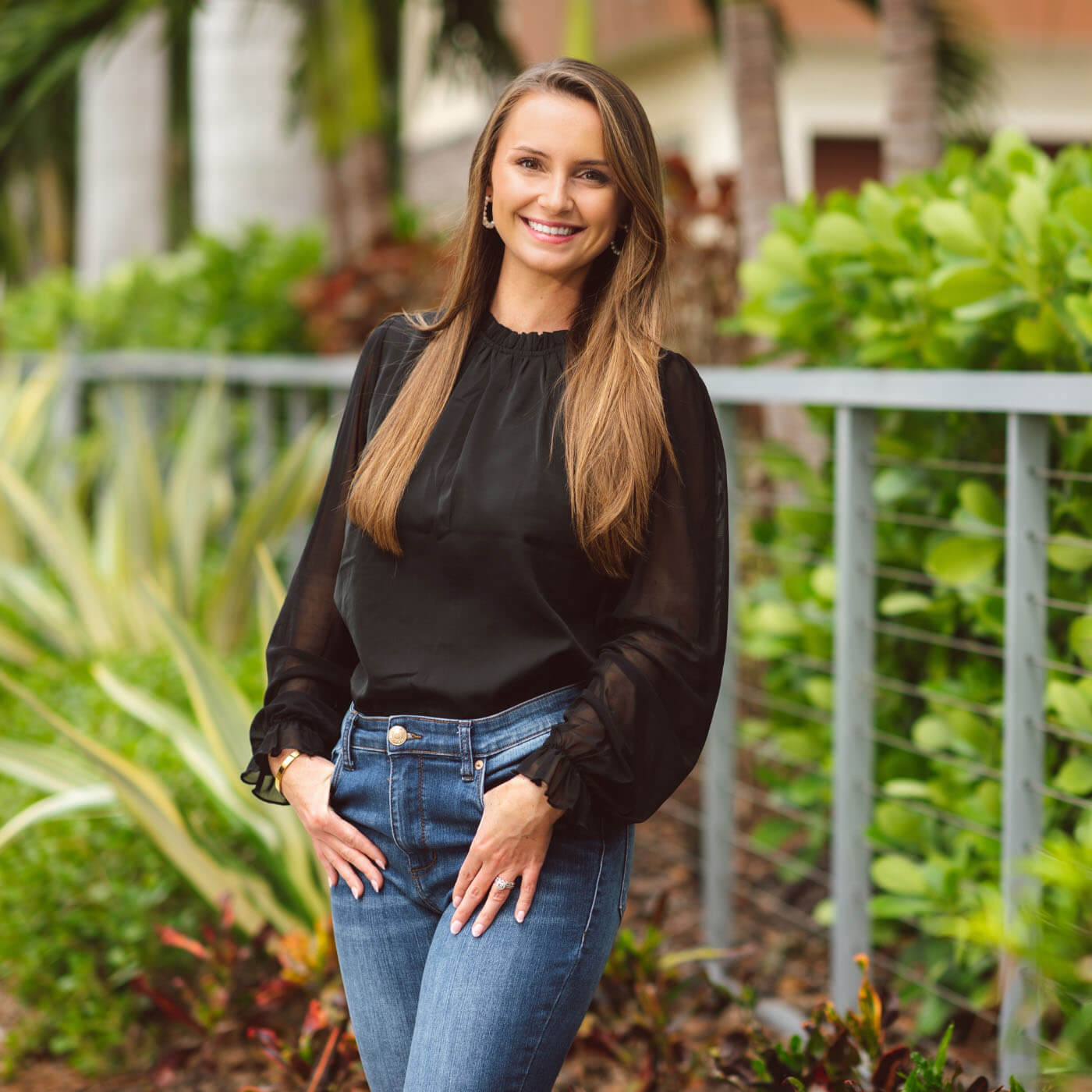
The first step is always the hardest. If you’re curious about starting on your path toward well-being with a trauma and anxiety specialist, you’re in the right place.

First and foremost, research tells us that above all other factors, a strong therapeutic alliance is imperative to positive outcomes. Therefore, my first priority is to create a safe space in which a genuine and nonjudgmental therapeutic relationship can develop. My style can be described as collaborative, authentic, and straightforward.
On a personal note, I am a born and raised Florida native. I grew up in the beautiful Florida Keys and attended the University of Central Florida for my undergraduate degree. I then spent 4 years in Melbourne, FL at Florida Institute of Technology where I got my Doctorate in Psychology. This was followed by 2 years of training with the Department of Veterans Affairs which led me to settle in the lively and eclectic Tampa Bay area. I enjoy being with family and friends, time on the water, reading, and watching football.


My approach to psychotherapy is grounded in the assumption that early relationships shape our views of self and others. With that assumption in mind, I use evidence-based practice to tailor treatment to each individual’s unique needs and goals. More specifically, I integrate mindfulness skills into the application of exposure therapy while also pulling from other approaches to best meet each person’s needs.
The disorders I specialize in don’t occur in a vacuum; there are often depressive symptoms, relationship challenges, and/or unhelpful health behaviors that tag along. Therefore, I believe it’s imperative to consider a holistic approach to psychotherapy that encompasses mind, body, and brain integration. Together we will create time and space to explore all areas for growth.










I am in-network with Aetna & United Healthcare (UHC, Oscar, Oxford)
Email or call for information on self-pay options
(727) 496-8480
drb@baysidebreakthrough.com
